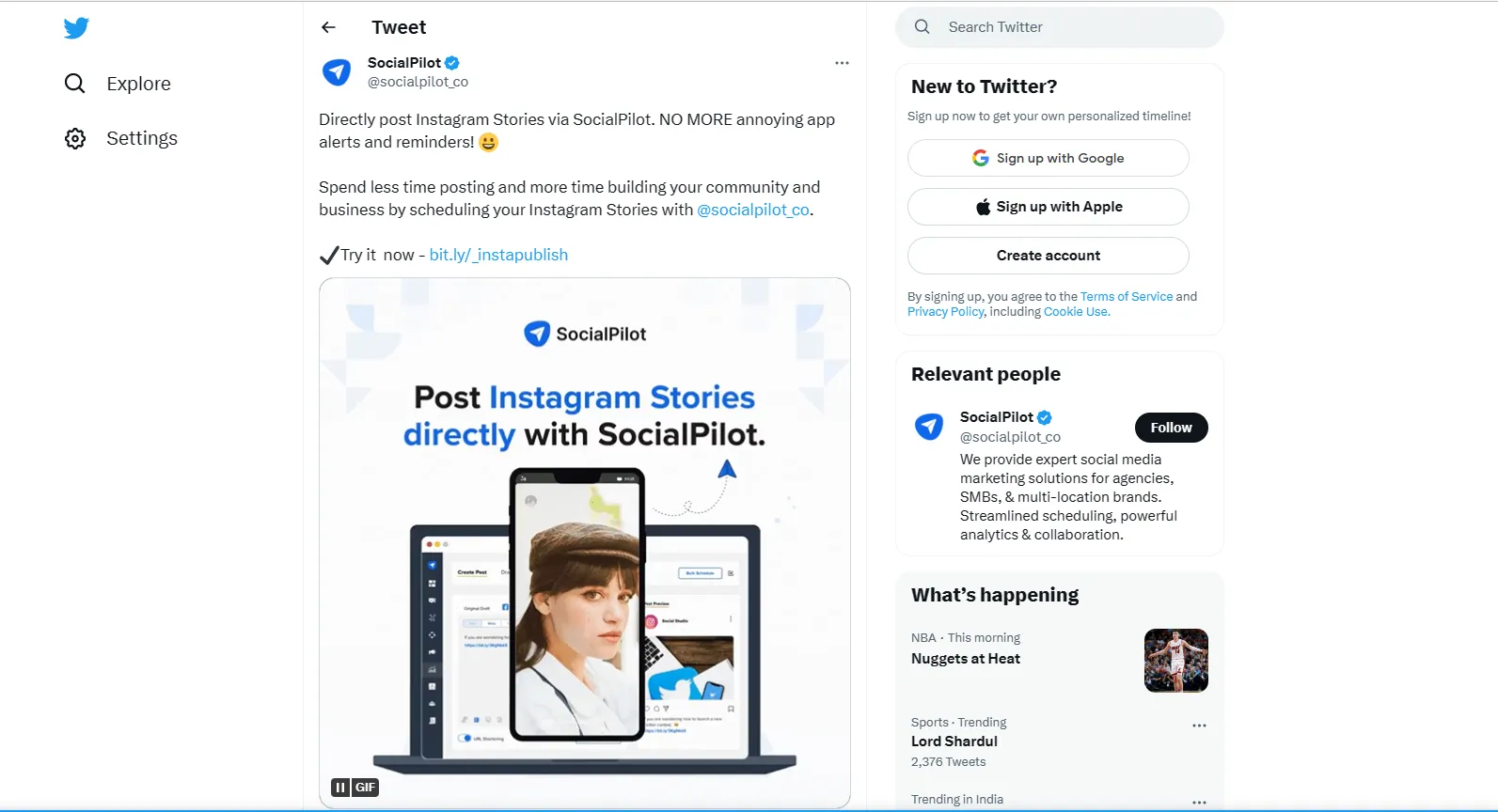More About Social Media Marketing
Did you know with approximately 2.8 billion active monthly users, Facebook has become one of the most popular social media platforms?
The platform offers a broad range of targeting possibilities, effective advertising capabilities, and different content formats, making it the most suitable social media marketing platform for brands that aim to target diverse audiences.
So, what is SMM or social media marketing’s primary objective?
Social media marketing aims to generate and share useful content through social media channels to engage users, motivate them to share it with their network, and ultimately influence them to take the desired action, such as purchasing, subscribing to a newsletter, or visiting a website.
Social media marketing campaigns leverage the massive reach and broad user bases of social media platforms to achieve specific goals. These could be improving website traffic, promoting brand loyalty, or creating leads.
Social media marketers use a variety of approaches and strategies to accomplish their goals:
- Creating and sharing high-quality, timely, and interesting content that aligns with the marketing goals and the target audience’s preferences. The content formats can include blogs, articles, text posts, images, videos, infographics, and other engaging types.
- Building a community around the brand or business by interacting with followers, replying to messages, mentions, comments, etc. Marketers must promote discussions, seek feedback, and foster a sense of community among their audience.
- Promoting products or services by teaming up with social media influencers with sizable follower bases to reach the target audience. It helps to collaborate with influencers who wield a significant influence within your target market to reach a wider audience.
- Leveraging paid advertising opportunities on social networking sites to increase visibility, reach a larger audience, and target particular demographics. Brands can leverage sponsored posts, display ads, video ads, and other forms of paid promotion.
- Tracking and examining user behavior and social media metrics to evaluate campaigns’ success, spot patterns, and make data-driven decisions. Marketers can adopt social media analytics tools to measure metrics such as engagement, conversions, and ROI.
The entire process of social media marketing, however, starts with selecting an appropriate platform. Brands and businesses must identify those platforms where their target audience is present and most active and establish a presence on those.
The rest of the process can then be managed and automated with a social media management tool. A comprehensive social media management tool enables marketers to schedule posts, manage multiple social media accounts efficiently, monitor performance, and ultimately streamline their SMM efforts.
When done right, social media marketing offers several benefits, including the following:
- Increased brand awareness: Due to the vast user bases of social media platforms, marketers can reach a larger audience and improve brand visibility. Thus, businesses can improve their brand recognition and online presence by frequently sharing content and interacting with users.
- Targeted focus on the audience: Social media platforms offer advanced advertising features that let companies target specific population groups, patterns, and places, helping to maximize ad spend.
- Improved customer engagement: Social media makes interaction and communication easier with customers. Real-time responses to messages, reviews, and comments enable organizations to build better relationships with customers and earn their trust.
- Cost-efficient marketing: Social media marketing has the potential to be more cost-effective than standard forms of advertising. It enhances organic reach by developing a loyal following and producing engaging content without investing large sums.
The following is an example of a social media marketing post by SocialPilot on Twitter, wherein informative content regarding a new capability is shared with the audience, who is egged on to try it.



